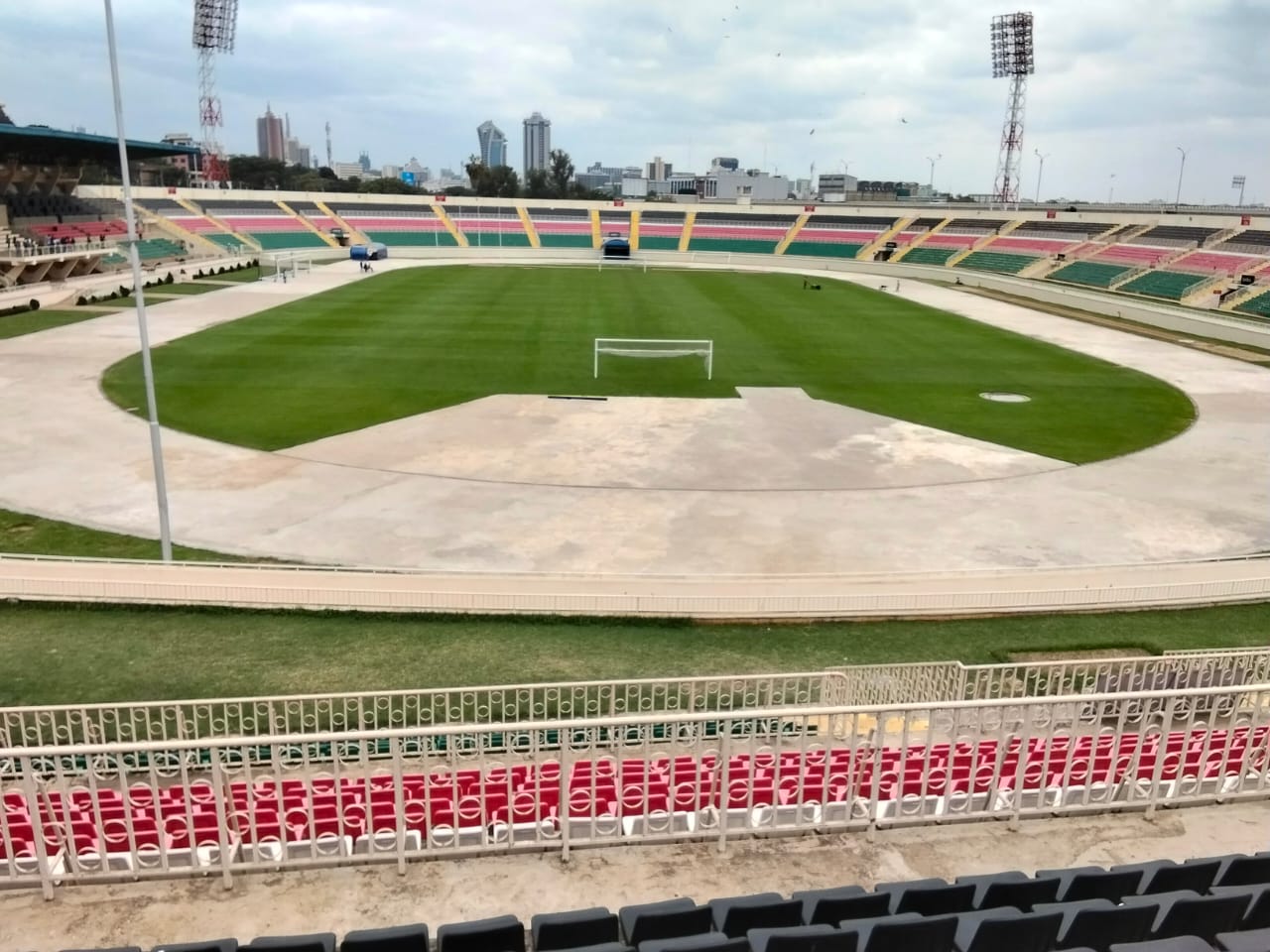Approximately 12 years since Kenya ushered in the devolved system of government, the fruits have been sweet for businesses.
Devolution has brought services closer to the people and enhanced citizens’ participation in governance.
For Kenya’s manufacturing sector, devolution came with hope for enhanced access to resources and a surge in economic opportunities at the county level.
It also increased focus on developing local industries and enhanced value chain linkages as well as streamlined operations driven by efficient governance.
To realize the benefits of devolution, there have been calls for close collaboration between the National and County Governments.
This calls for structured engagements with the citizens, including manufacturers, and the creation of joint action plans for industrial development.
With the new constitution, Kenya embarked on the path of devolution, which has transformed in fundamental ways its governance and service delivery landscape.
Commemorating this achievement, during this year’s Devolution Conference in Homa Bay County, the event is viewed as an opportunity to reflect on the impact of devolution, its challenges, and the pathways for the future.
Theme for this year’s devolution conference is ‘For the People, For Prosperity: Devolution as a Catalyst for Equity, Inclusion and Social Justice.’
It is scheduled to take place from August 12 to 15, 2025 at Homa Bay High School.
This occasion invites us not only to consolidate the remarkable achievements, but also to candidly confront the remaining challenges.
Kenya’s devolution process significantly ushered in an era of progressive democratisation and expanded political space, thanks to the decentralization of power and resources.
For instance, governance related surveys conducted over the last five years revealed that 73 percent of citizens feel that Kenya is doing better now as compared to the pre-devolution era.
From a development perspective, the decentralisation of power and resources has empowered county governments and local communities to harness unique strengths and resources in their counties, helping to foster self-reliance.
Various surveys also indicate improvements in service delivery for devolved sectors such as health, early childhood development, water, sanitation and agriculture, promoting inclusive growth and equity across Kenya.
Devolution has also empowered citizens through various mechanisms, such as county budget economic forums, and project management committees.
Organisations like the Council of Governors (CoG) play a crucial role in promoting visionary leadership, sharing of best practices, encouraging and initiating information sharing on the performance in execution of devolved functions.
The success of devolution will be further bolstered by a commitment to continuously learn from experiences – within and outside Kenya.
This will help improve delivery of high-quality public services with the citizens at the centre and ensure that nobody is left behind.
Beyond the Devolution Conference, Homa Bay has undergone a visible facelift in infrastructure.
“Over 35 kilometers of roads, including the Homa Bay Pier–Stadium Road and access to the County Government Headquarters in Arujo, have been rehabilitated or built,” said Government spokesperson Isaac Mwaura during a recent interview.
Mwaura added that the ongoing upgrade of Kabunde Airstrip and other transport links is expected to boost tourism and trade in the county.
“Local businesses, from hotels to food kiosks, are thriving as visitors arrive,” said Mwaura.












